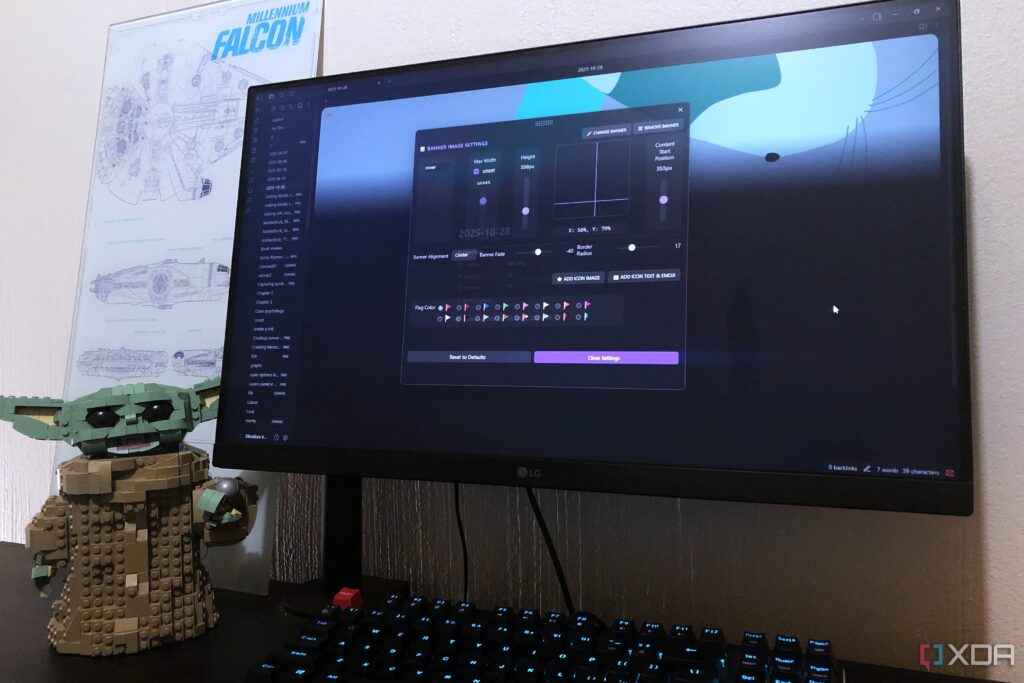
UPDATE: Users are rapidly transforming Obsidian into a viable alternative to Notion using innovative plugins, creating a buzz in the productivity software community. This shift is crucial for those seeking enhanced data ownership and customization as many users are frustrated with Notion’s limitations.
In a recent development, enthusiasts have begun to explore the capabilities of Obsidian in an effort to replicate Notion’s sleek interface and powerful database features. The urgency of this trend is underscored by a growing demand for better offline functionality and user control—key reasons many users are considering this switch.
Earlier this month, a user detailed their experience with several plugins designed to enhance Obsidian’s functionality, making it more akin to Notion. This transformation is particularly appealing to those who have become accustomed to Notion’s intuitive design but are eager for a more customizable experience.
Key plugins that have emerged as favorites in this movement include:
1. **Minimal Theme Settings**: This plugin allows users to tailor Obsidian’s appearance, making it less clunky and more visually appealing. Customization options include various color schemes and visibility controls, enhancing navigation and overall user experience.
2. **Pixel Banner**: A standout feature for those who utilize dashboards, this plugin enables users to create custom banners for their Obsidian pages, closely resembling Notion’s aesthetic. The flexibility it offers—such as positioning and rounded corners—gives users more creative control over their dashboards.
3. **Bases**: This relatively new plugin is a game changer for those missing Notion’s database functionalities. Bases simplifies database management within Obsidian, allowing users to filter and organize their notes efficiently. Users can create specific views and set rules for their files, making it easier to track important information.
The shift to Obsidian is gaining momentum, with reports claiming that users are finding this transition smoother than anticipated. The plugin ecosystem within Obsidian is vast, offering options for task management, kanban boards, and more, allowing users to mold their workspace to their preferences.
As of now, the Obsidian community continues to thrive, with many sharing their setups and experiences online. For newcomers, the learning curve may still be steep, but the rewards can be significant, creating a more personalized and efficient workflow.
What happens next? As more users adopt these plugins, expect an influx of tutorials and community support aimed at making the transition from Notion to Obsidian even easier. This trend highlights a growing desire for more control in personal knowledge management tools, and it will be interesting to see how this impacts the overall market for productivity applications.
Stay tuned for further updates on this evolving story as users continue to share their innovative solutions to enhance their productivity with Obsidian.





